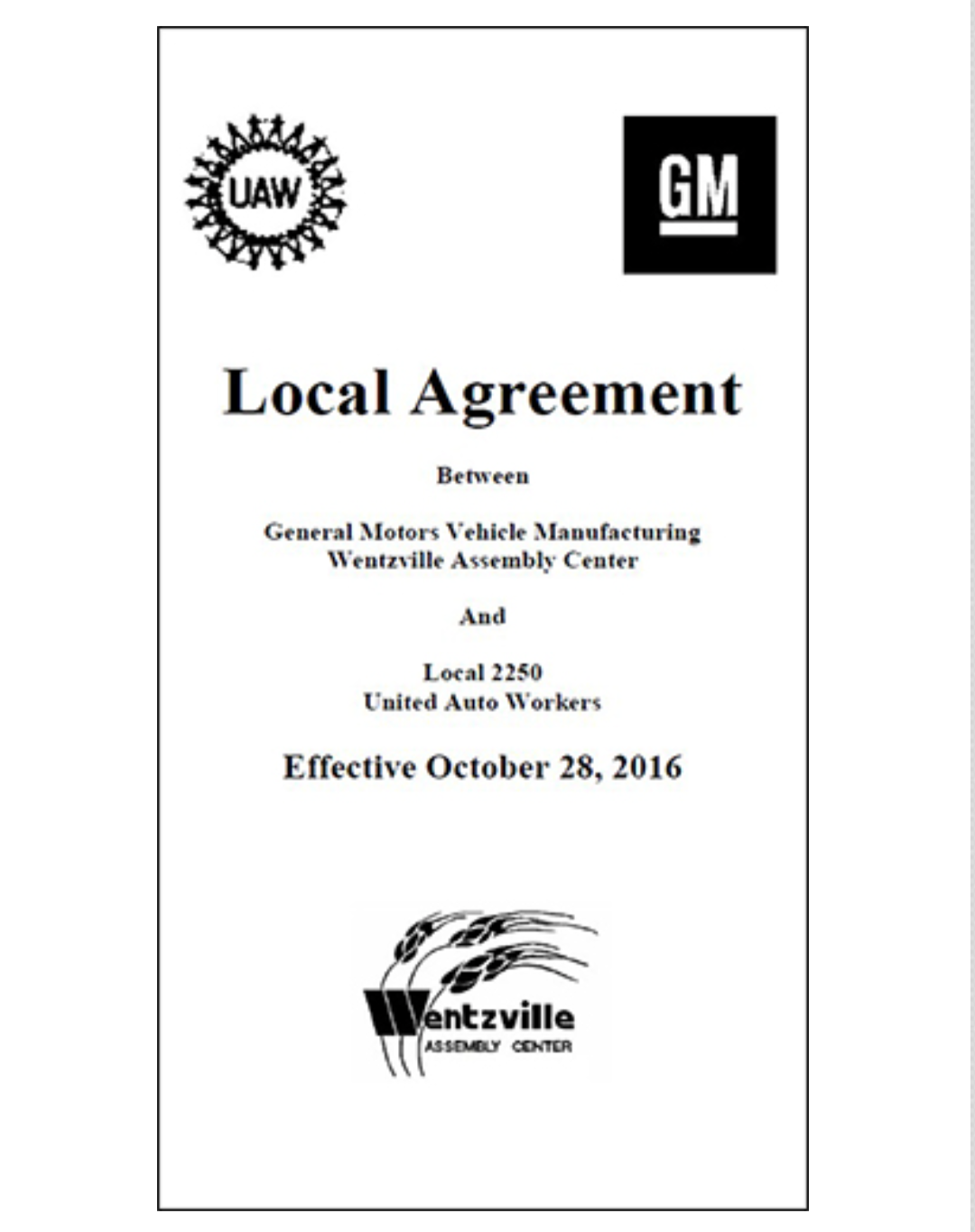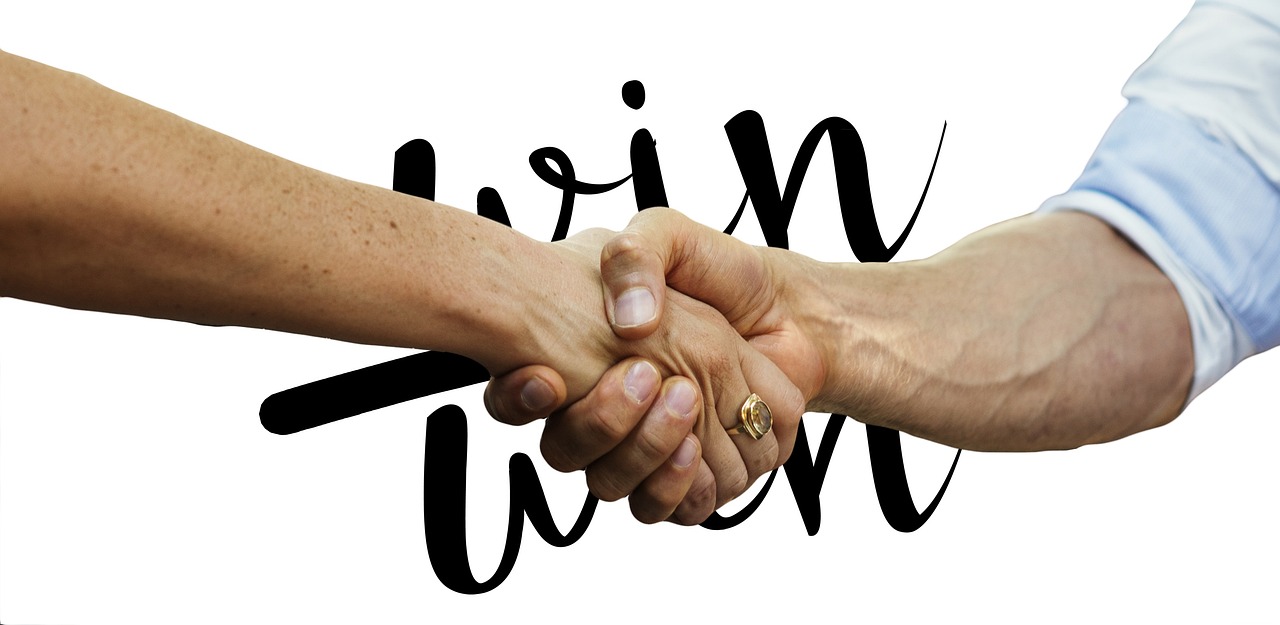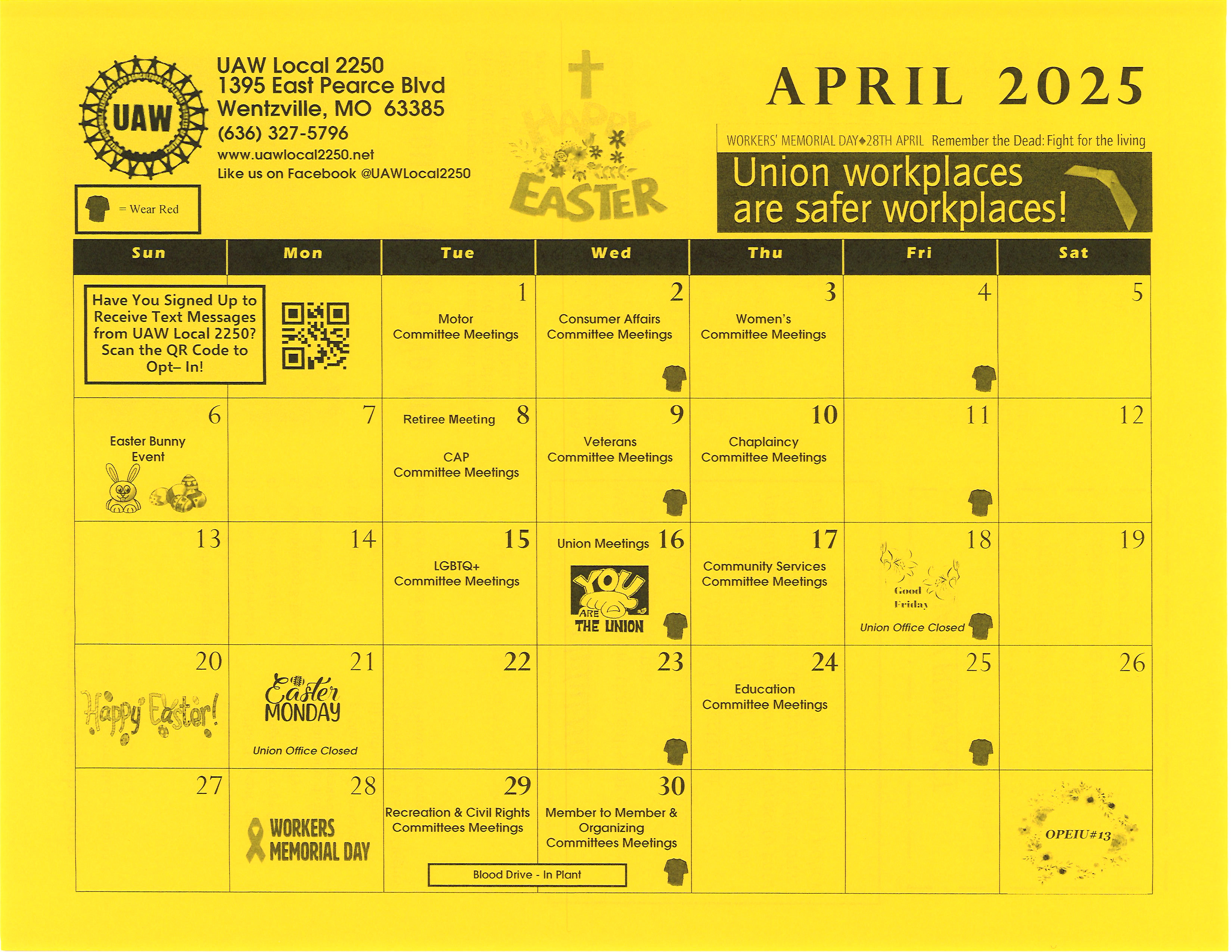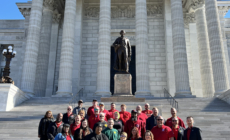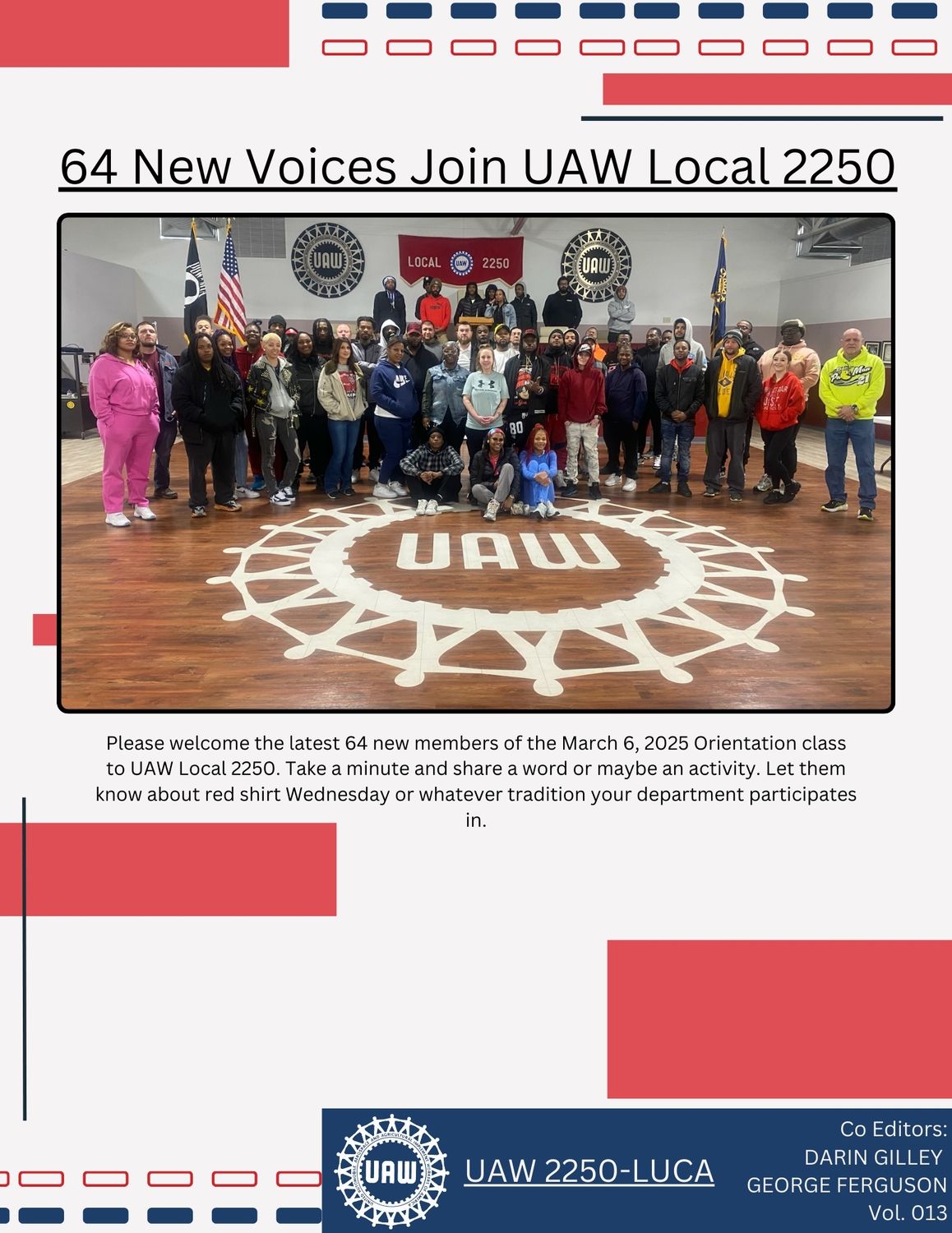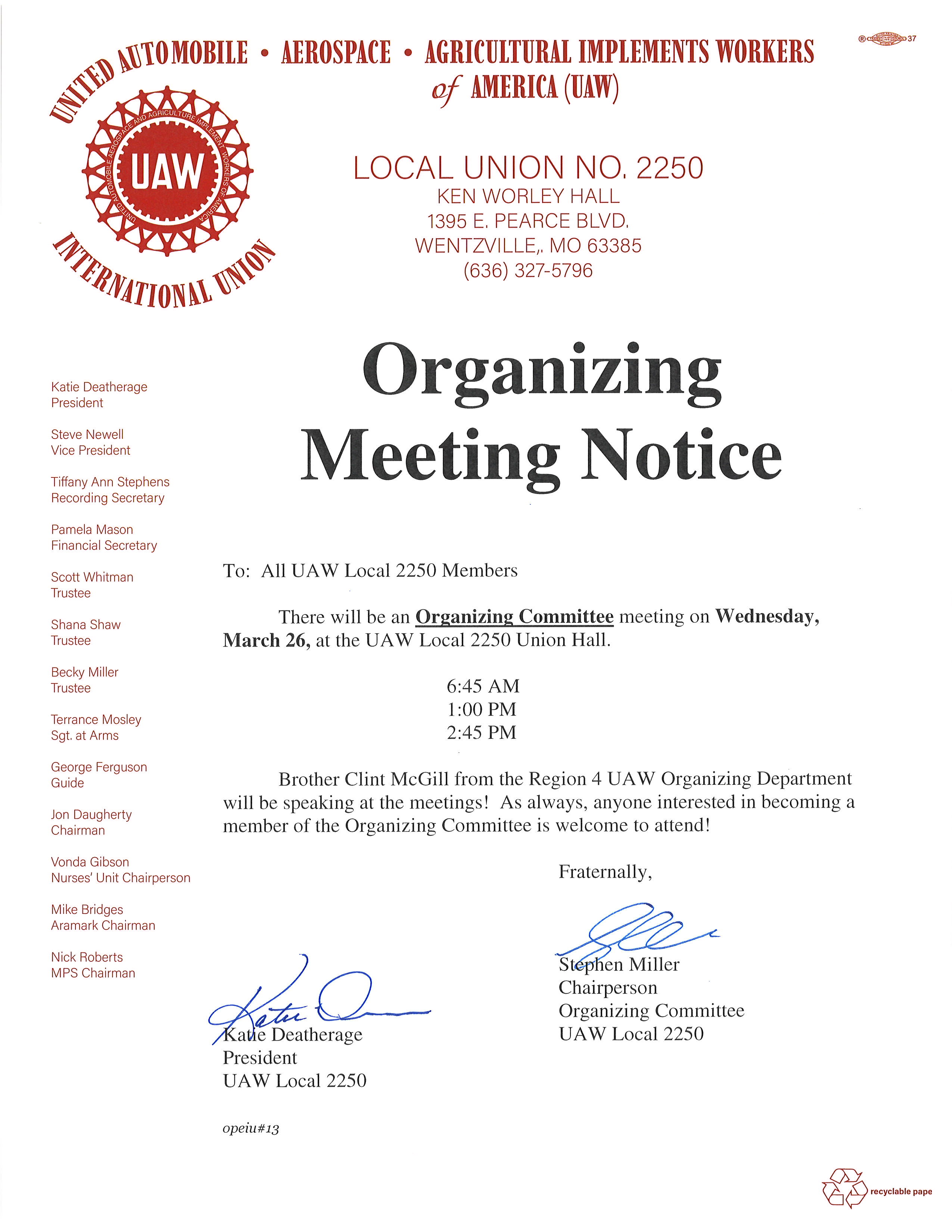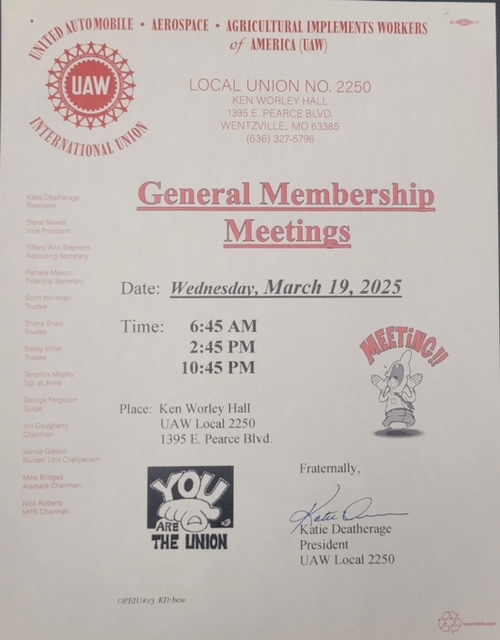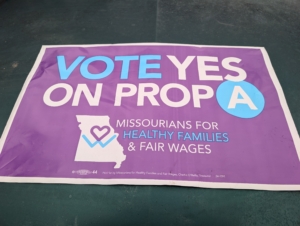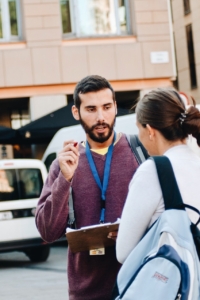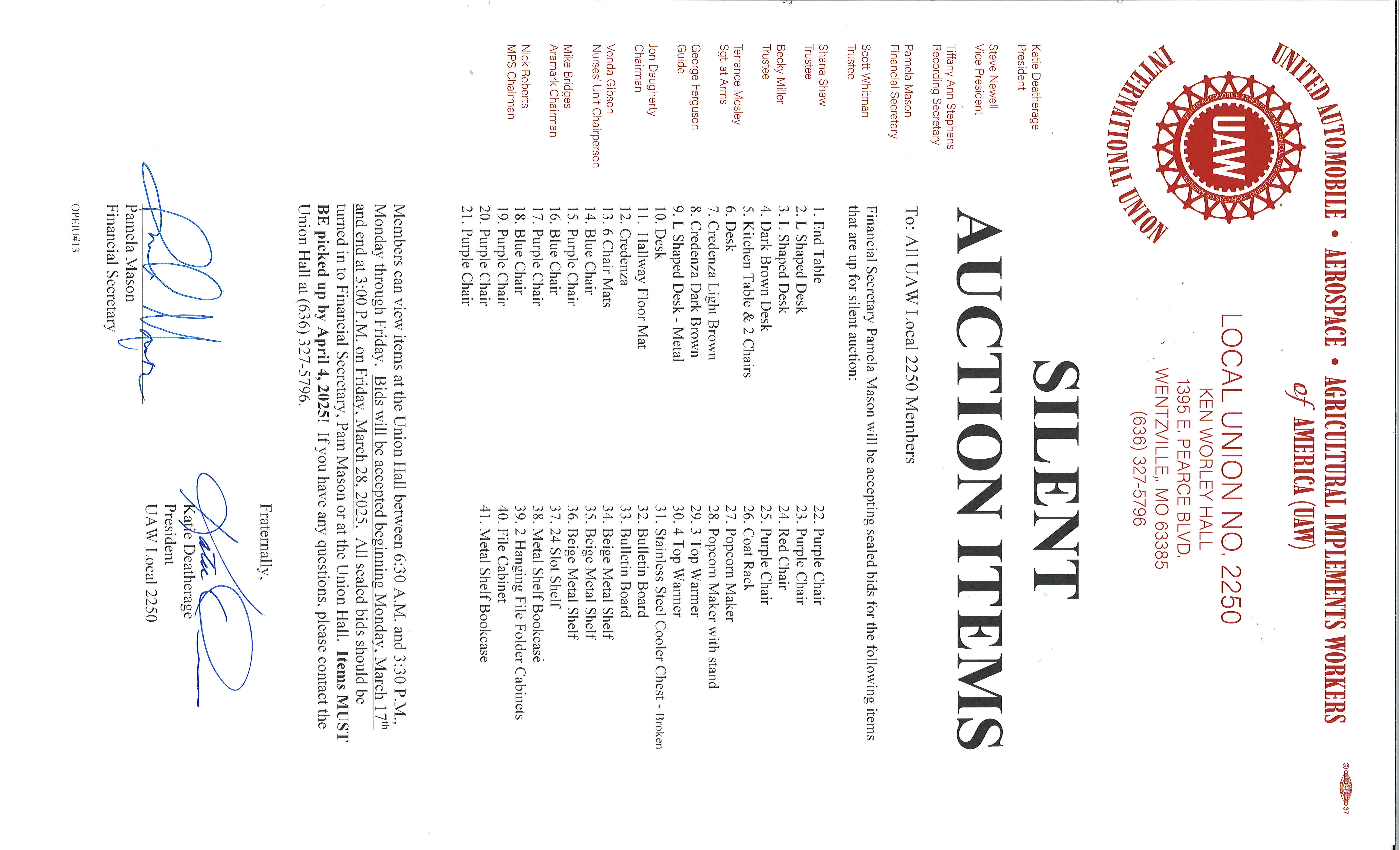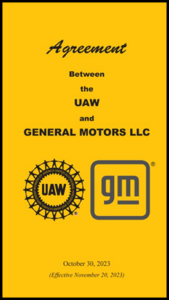-
You Can Carry Your UAW/GM Wentzville Local Agreement 24-7-365 - 23 hours ago
-
Did Your Bid Win? - 1 day ago
-
Shawn Fain, Trump, and Tariffs: What’s The Truth? - March 30, 2025
-
Guest Opinion: Lawmakers Shouldn’t Undermine Missouri Voters - March 29, 2025
-
April Showers Bring More Activities! - March 28, 2025
-
The 2025 Missouri AFL-CIO Joint Legislative Report - March 27, 2025
-
P2: Phased Retirement For Tier 2/Progressive Members – A New Trend? - March 23, 2025
-
Sunday Guest Opinion: Education Department Cuts Damage The Working Class - March 22, 2025
-
Newsline #13: New Members, Paid Leave, and The State Capitol! - March 21, 2025
-
Check Out The Organizing Committee! - March 21, 2025
Sunday Opinion: If You Want Change, Do Something
Steelworker Ike Gittlin brings us today’s opinion. Change at this plant will take more than reading or posting on social media. It could be signing a petition, planning an event, or taking direct action. You can check out his writing a Igittlin@substack.com.
On Turning Activism into Ownership
6-1-2024
On Turning Activism into Ownership: At a union meeting the other night one of our activist members pressed for the union leadership to endorse a particular candidate he supported. The problem is that this candidate is at odds with some very basic needs of our membership. When I responded that our member could play a role in gaining an endorsement by working with his candidate to resolve the differences that divided us, he seemed surprised. I was asking him to move beyond activism and take personal ownership of the union’s relationship with this candidate.
Most people start down the path to being activists when an issue grabs their attention enough to motivate them to “do something”. Often, we feel if we go holler at the people we perceive to be in power, we can change what we don’t like. Some folks never get beyond this kind of “demand activism”. There’s nothing wrong with using collective action to influence leadership. That’s what freedom of speech and freedom of assembly are all about. There’s no question that mass protests can and have influenced policy and the direction of our nation. However, there are limits to what we can accomplish this way. Many of our challenges can’t be solved by single actions pressuring one leader, a company or organization. Those activists that realize the limitations of pure protest, and make a commitment to work on solutions, have begun the transformation to “owning” a problem.
Thanks for reading Ike’s Work in Progress! Subscribe for free to receive new posts and support my work.
When I and a group of our USW Local Union members ran for leadership positions in our Local, we were activists. We had a host of complaints that we were sure needed “push” to get “those in power” to solve for us. We were young, knew how to holler, and sure these positions would give us the platform to get others to address our complaints. Once we were elected to Local Leadership, we realized our Plant was seriously in danger of being shut down. It slowly dawned on us that we had responsibility for 2,100 members and their family’s futures. We also found that “the people in power” we’re pretty busy and were swamped with very difficult challenges. We had a choice of deciding to blame “the system” as a response, or figure out how we could do something about the trajectory of our own futures. We didn’t know it at the time, but we had shifted from “activists” to slowly assuming “ownership” of our issues.
In today’s political environment we have all too many politicians who are happy to tell us they will solve our problems for us. How often have we heard a candidate, from all Parties, tell us about all the things they will do if elected, “on Day 1”. That’s what we want to hear. All we had to do was complain and someone else will fix it for us. And fast! Except that there are tons of issues that can’t and won’t get solved on “Day 1”. And we really do know it! Often the “Day 1” solution that is being proposed isn’t a viable solution. There are lots of soundbites on quick fixes and easy answers. But as we found out, once we assumed Local Union Leadership, most problems need to be worked through, a consensus built around what to do, and then actually making something happen. Those that decide to get beyond the soundbites have stepped into the ownership level of activism.
What “ownership” looks like has to do with several courses of action. First, we have to prioritize what we want to change. There’s only so much time and energy, so we have to pick the top stuff. This is part of a strategic approach where we create a plan of action that methodically tackles issues. Within that strategic plan are the steps that those working on the problem can do themselves to make change happen. In our Local Union work, we knew we had to work on the Mill’s profitability to attract scarce investment dollars that the company had to spend. As our former International President Lynn Williams often told us, “management is too important to leave to management alone”. The activist demands the company manage well. The activist/ownership model says we’re stepping in and doing what you aren’t doing well.
This “ownership” approach has all kinds of applications in our daily lives. Those that set up a “Go Fund Me” site for a person in the community facing an expensive operation, have taken “ownership”. Workers who step up and organize their workplaces have decided to “own” their working conditions and compensation. Groups that are collecting funds and building facilities for the homeless, are going beyond the basic activist. In many political issues, people go beyond “demands” to actively working to educate, develop consensus, work out plausible solutions and then lobby for legislative or administrative change. Most of us look around at election time to see if someone is running for office that supports our issues. The activist/ownership folks find qualified people and help them develop into viable candidates. In the activism I’ve been part of, when we brought a plan and were able to show support, it was much easier to get “those in power” to sign on and promote our priorities. The bottom line is that there really isn’t a shortcut to fixing our big issues. There’s real work to be done.
I believe that much of the political divide that afflicts our nation comes from an expectation that all we have to be, are “activists”. All too many of us feel like its enough to attend a rally, spit something out on social media or maybe vote, and then go back to our lives. Then we’re frustrated that our “participation” didn’t change our world. When people say democracy is work, this is what they mean.
The other misconception we have way too much of is that by staying within our silo’s, just talking and engaging with like-minded people, means we’re doing something. Real change is a process of forming enough of a consensus to move an issue. A lot of us have dispensed with this need to reach out to people who differ with us, and work through what we can do together. Yet getting outside our comfort zones is another step from activism to ownership.
Instead, we have huge efforts at imposing minority views on others. When that doesn’t work, we try to cut others out of any decision-making power. We can be purists about our beliefs and try the “I’m gonna tell you what to do” approach. The activist/ownership way is to get out there and build solutions that folks adopt voluntarily and with enthusiasm. Imposed ideas only last as long as the minority holds power. We’re ping-ponging back and forth, refusing to admit that we’re stalled out on all sides.
At the end of the day, unless we become activist/ownership people, our problems won’t get solved and our dissatisfactions will mount. We have a great need for leadership that asks us to “own” our problems and plays the role of the uniter and consensus builder. As President John Kennedy said, “ask not what your country can do for you, ask what you can do for your country”. It may take some bad experiences for us to realize that the “I’m gonna do it for you” people can’t deliver. That would be unfortunate because on several of our most pressing challenges, time is running out.
ihg 6-1-2024 If you like these commentaries, join my blog for free at: https://ikegittlen.substack.com/ and share. Let’s see what we can build together.
(photo by Kamche Felix from Pixabay)

